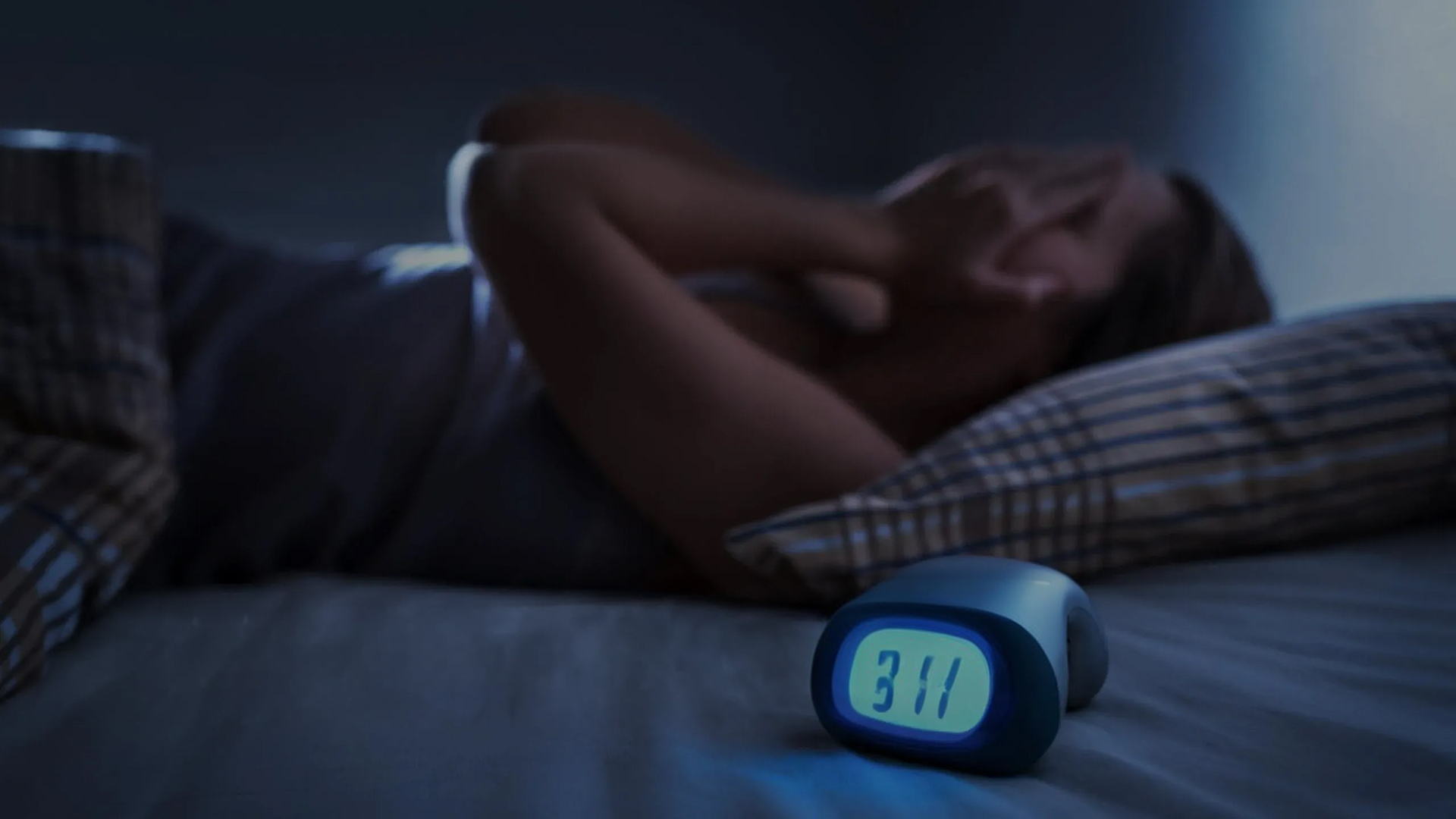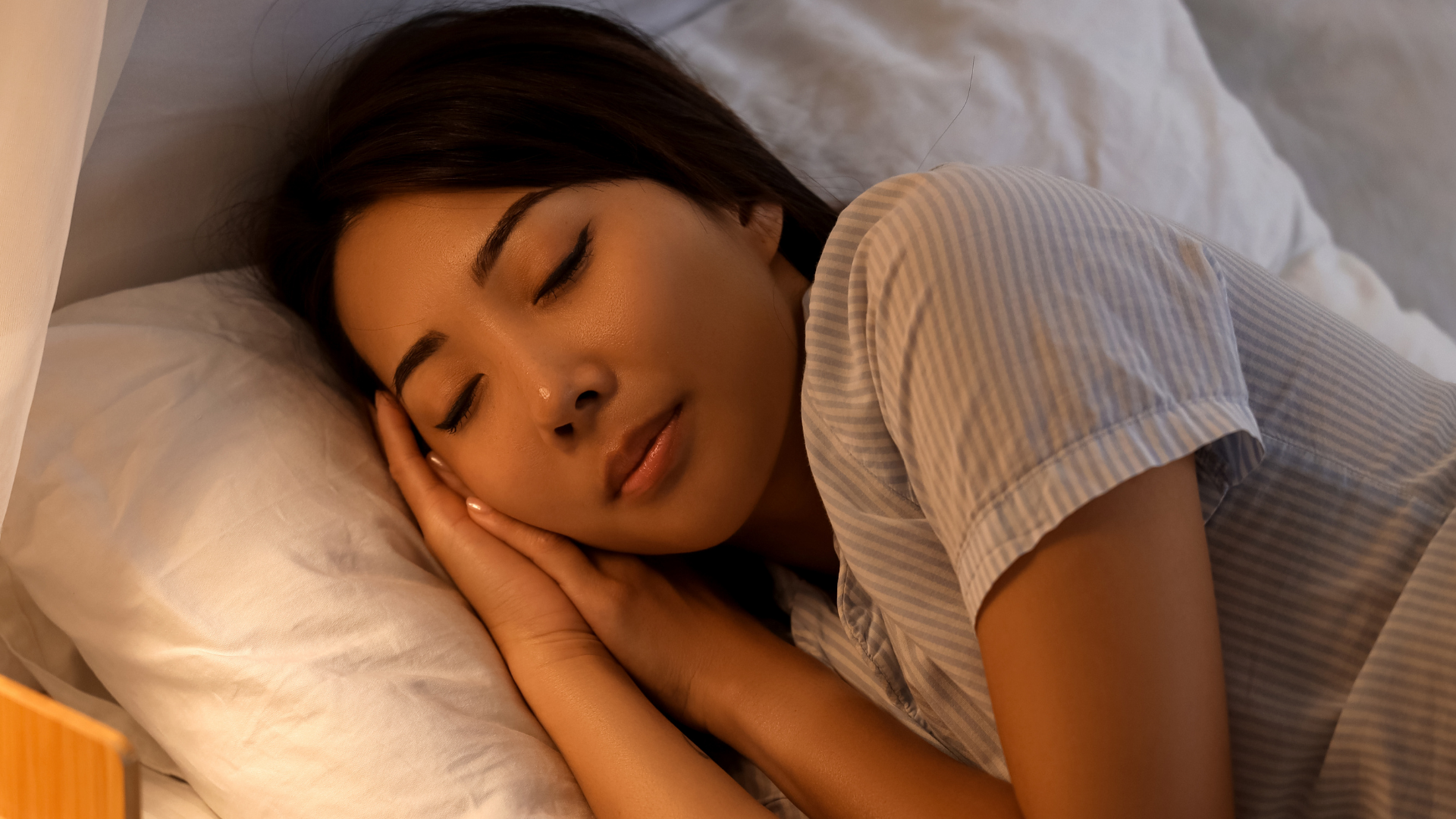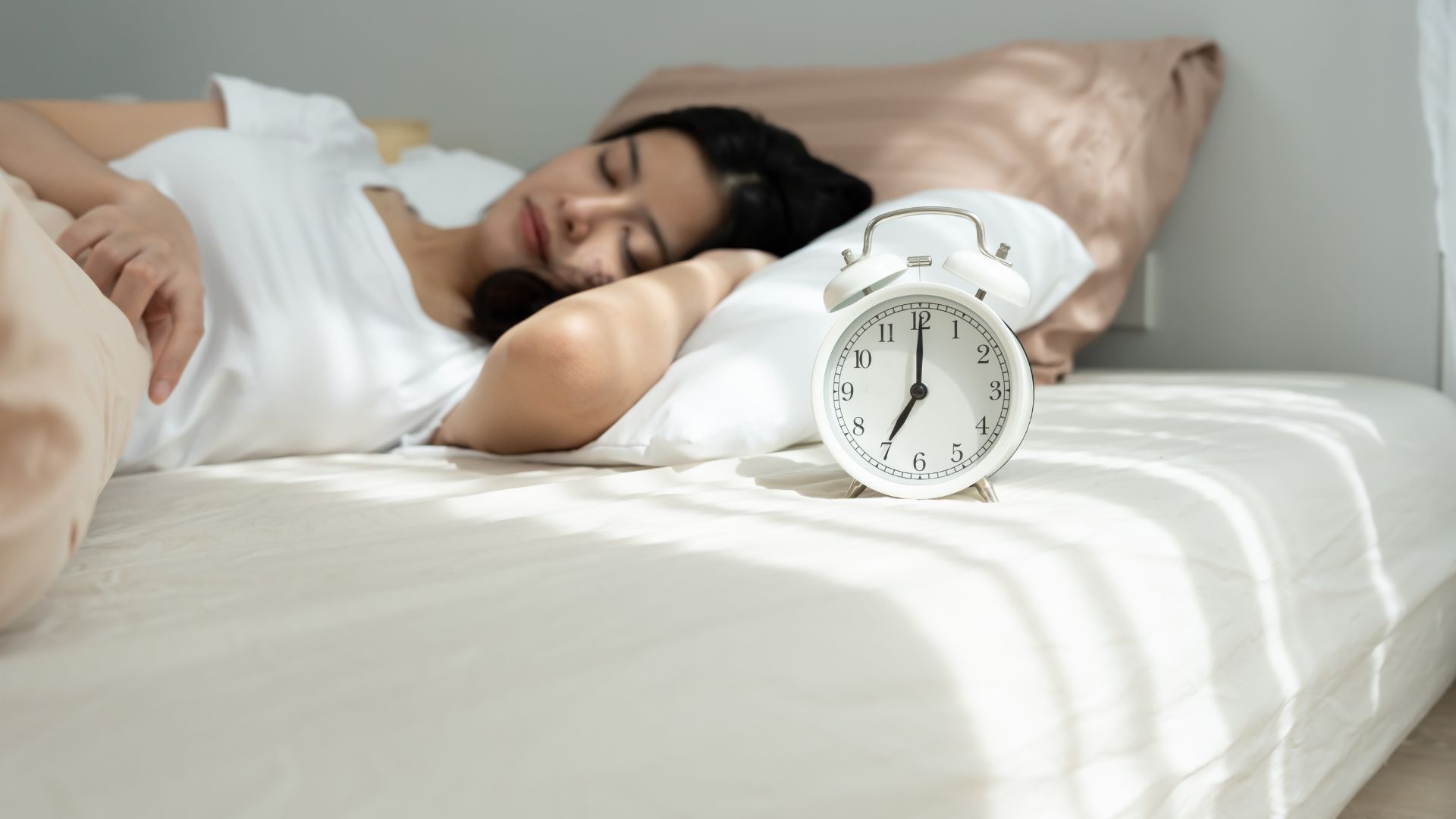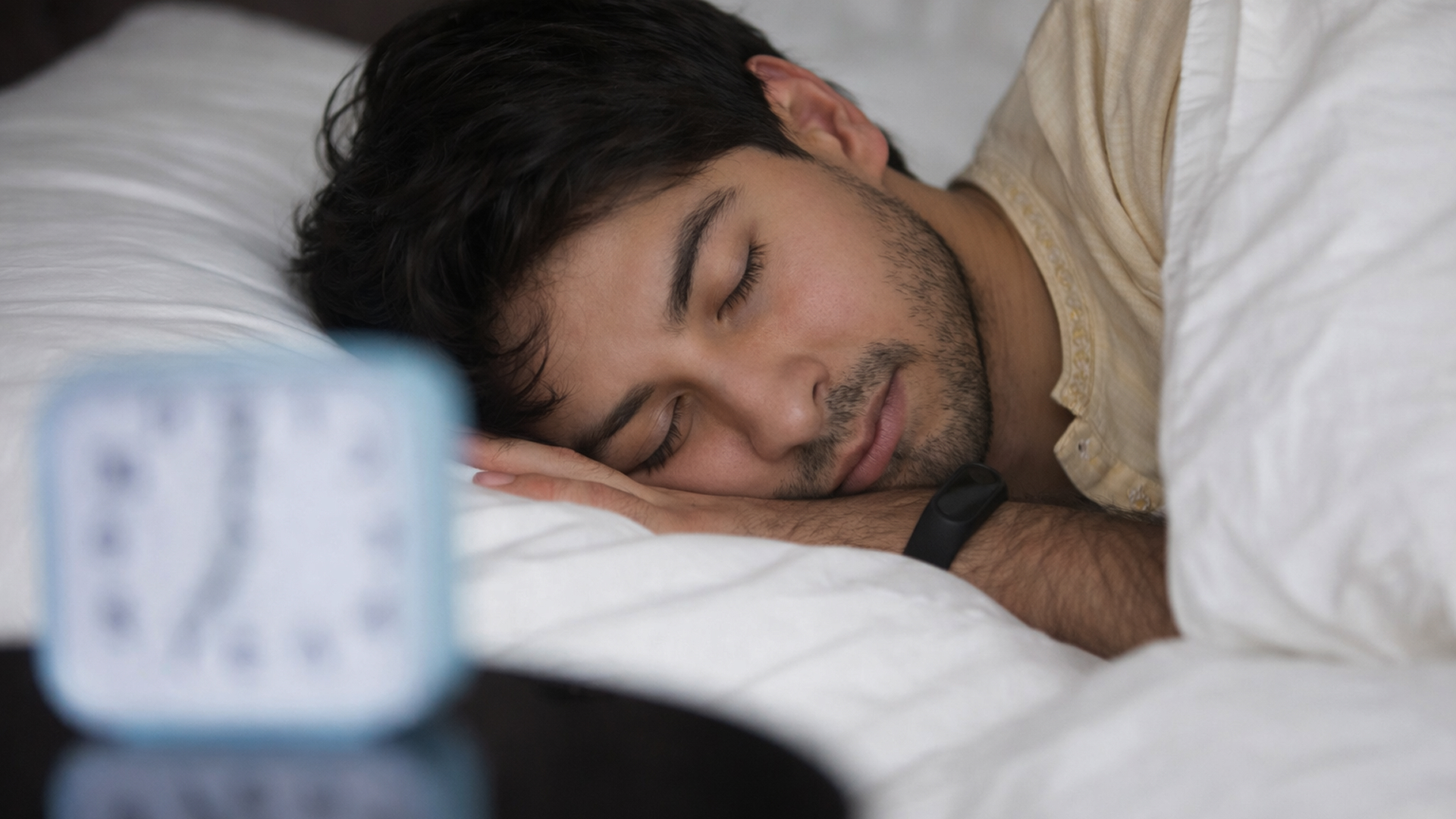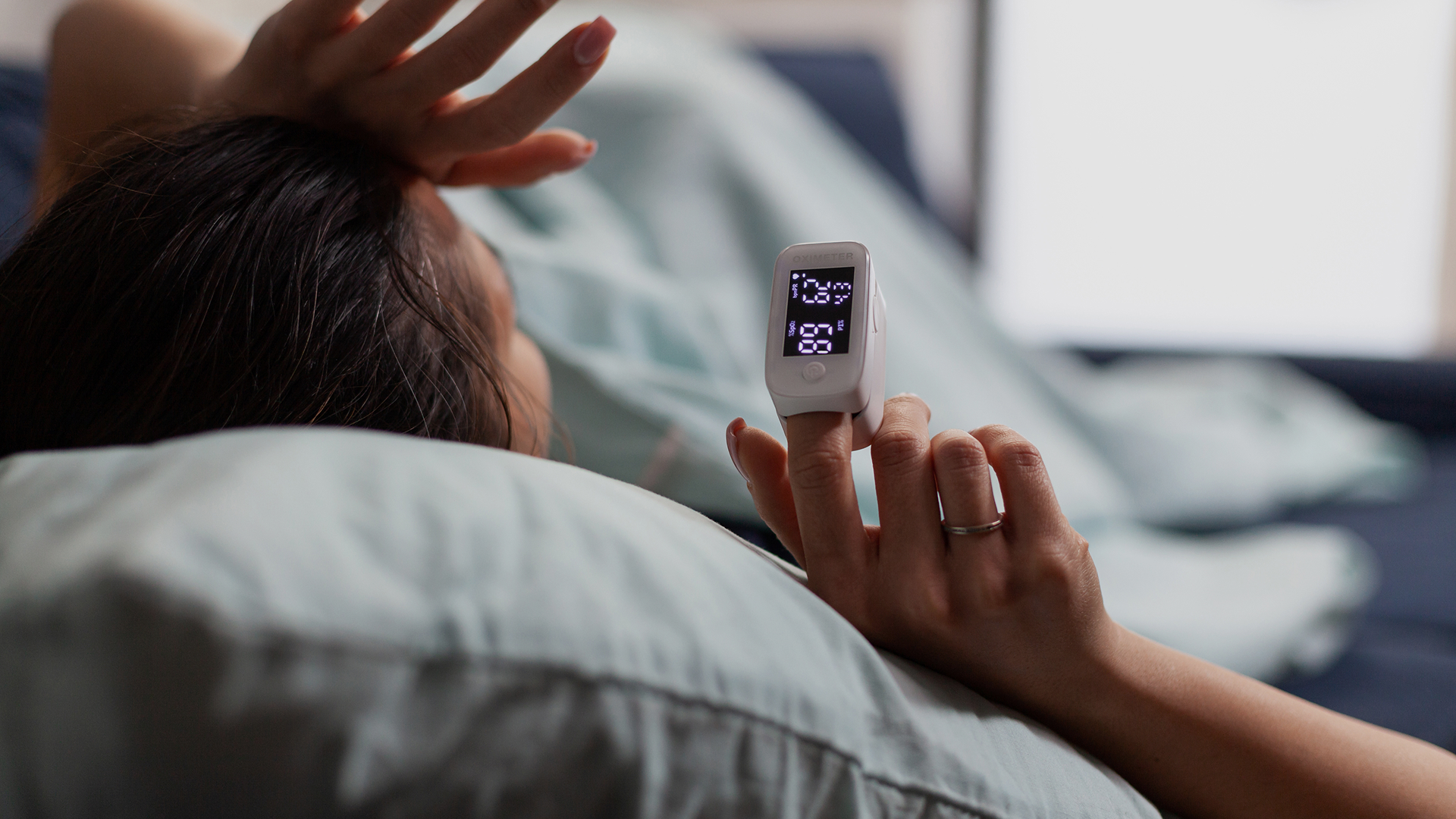Sleep hygiene refers to the habits, behaviors, and environmental factors that contribute to healthy, restful sleep. Good sleep hygiene is essential for improving sleep quality and can help prevent or alleviate common sleep issues such as insomnia, anxiety, and poor sleep patterns. By adopting positive sleep hygiene practices, you can promote better sleep, feel more energized during the day, and improve your overall health. Below are detailed strategies to enhance your sleep hygiene and achieve better sleep quality.
1. Establish a Consistent Sleep Schedule
One of the most effective ways to improve sleep quality is by maintaining a consistent sleep schedule. Going to bed and waking up at the same time every day helps regulate your body’s internal clock (circadian rhythm), making it easier to fall asleep and wake up naturally.
How to Implement a Consistent Sleep Schedule:
- Set a Fixed Bedtime and Wake-up Time: Try to go to bed and wake up at the same time every day, even on weekends. Consistency helps reinforce your body’s natural sleep-wake cycle.
- Gradually Adjust Sleep Times: If your current schedule is irregular, make gradual adjustments of 15-30 minutes earlier or later each day until you reach your desired bedtime and wake-up time.
- Avoid Long Naps During the Day: If you need to nap, keep it brief (20-30 minutes) and avoid napping too close to bedtime, as this can interfere with your ability to fall asleep at night.
2. Create a Relaxing Bedtime Routine
Your body and mind need time to wind down before sleep. Engaging in relaxing activities before bed can signal to your brain that it’s time to rest, making it easier to fall asleep. A bedtime routine helps reduce stress and prepares your body for a restful night.
Relaxing Bedtime Activities:
- Practice Mindfulness or Meditation: Deep breathing exercises, progressive muscle relaxation, or mindfulness meditation can calm your mind and body.
- Read a Book or Listen to Soothing Music: Choose a calming activity, such as reading a non-stimulating book, or listen to soothing music or white noise.
- Take a Warm Bath or Shower: A warm bath or shower can help relax your muscles and increase your body temperature slightly. As your body cools afterward, it signals to your body that it’s time to sleep.
- Avoid Stimulating Activities: Refrain from intense exercise, heavy meals, or mentally stimulating tasks (like watching action-packed TV shows or reading work-related emails) close to bedtime.
3. Optimize Your Sleep Environment
The environment in which you sleep plays a significant role in your ability to fall asleep and stay asleep. A comfortable, quiet, and dark bedroom can help create the ideal conditions for sleep.
Tips to Improve Your Sleep Environment:
- Keep Your Bedroom Cool: The ideal room temperature for sleep is around 60-67°F (15-19°C). A cooler environment helps signal to your body that it’s time to sleep.
- Minimize Light: Exposure to light, especially blue light from screens, can interfere with melatonin production, the hormone responsible for regulating sleep. Use blackout curtains, and consider using a sleep mask if necessary. Avoid bright lights in the evening, and reduce screen time at least 30-60 minutes before bed.
- Reduce Noise: Excessive noise can disrupt sleep. If you’re in a noisy environment, consider using earplugs or a white noise machine. Gentle background sounds like nature sounds or soft music can also help mask disruptive noises.
- Invest in Comfortable Bedding: Ensure that your mattress, pillows, and blankets provide adequate comfort and support for a restful night’s sleep. A good quality mattress should support your body’s natural alignment, and your pillow should keep your head and neck aligned with your spine.
4. Be Mindful of Your Diet and Caffeine Intake
What you eat and drink can have a direct impact on the quality of your sleep. Certain foods and drinks can either promote or hinder restful sleep, so being mindful of your diet, especially in the hours leading up to bedtime, is important.
Dietary Guidelines for Better Sleep:
- Avoid Caffeine and Nicotine: Both caffeine (found in coffee, tea, chocolate, and some sodas) and nicotine are stimulants that can interfere with your ability to fall asleep. Aim to avoid consuming them at least 4-6 hours before bedtime.
- Limit Alcohol Consumption: While alcohol may make you feel drowsy initially, it can disrupt your sleep cycle and lead to more fragmented, less restorative sleep. Try to limit alcohol intake, especially in the evening.
- Avoid Heavy Meals Before Bed: Eating large meals or spicy, rich foods late at night can cause discomfort and indigestion, making it harder to fall asleep. Try to eat your last meal 2-3 hours before bedtime to allow time for digestion.
- Consider Sleep-Promoting Foods: Certain foods contain nutrients that promote sleep. For example, foods rich in tryptophan (like turkey, nuts, and seeds) or magnesium (such as leafy greens, bananas, and almonds) can help with sleep regulation.
5. Get Regular Physical Activity
Regular physical activity is one of the most effective ways to improve sleep quality. Exercise can help you fall asleep faster, experience deeper sleep, and wake up feeling more refreshed. However, the timing of your exercise matters.
Guidelines for Exercise and Sleep:
- Exercise Earlier in the Day: While exercise promotes better sleep, exercising too close to bedtime can have the opposite effect by stimulating your body and making it harder to fall asleep. Aim to complete any vigorous exercise at least 3-4 hours before bed.
- Engage in Moderate Exercise: Activities like walking, swimming, cycling, or yoga can be great ways to improve sleep. Even light physical activity during the day can have positive effects on your sleep.
- Consistency is Key: Consistent exercise, even for just 20-30 minutes a day, can help regulate your sleep patterns over time.
6. Limit Screen Time and Blue Light Exposure
Exposure to screens and artificial light in the evening can interfere with your body’s ability to prepare for sleep. The blue light emitted by phones, tablets, and computers can suppress the production of melatonin, making it harder to fall asleep.
Tips to Limit Screen Time:
- Avoid Screens Before Bed: Aim to turn off screens (phones, computers, tablets, etc.) at least 30-60 minutes before bed. This allows your body to produce melatonin naturally.
- Use Night Mode: If you must use your phone or tablet in the evening, use a “night mode” setting, which reduces blue light exposure.
- Consider Blue Light Blocking Glasses: These glasses can block out a portion of the blue light emitted by screens, helping to reduce its impact on your sleep.
7. Manage Stress and Anxiety
Mental health plays a crucial role in sleep quality. Stress, anxiety, and worry can prevent you from relaxing and falling asleep. Managing your mental health can be just as important as improving your physical sleep environment.
Techniques to Manage Stress Before Bed:
- Practice Relaxation Techniques: Deep breathing, progressive muscle relaxation, or guided imagery can help reduce stress and calm the mind.
- Journaling: Writing down your thoughts before bed can help clear your mind and reduce anxiety. Consider jotting down what you’re grateful for or making a to-do list for the next day to ease your mind.
- Limit Stimulating Conversations: Avoid engaging in stressful or emotionally charged discussions right before bed, as this can heighten your stress levels and make it difficult to wind down.
8. Avoid Clock-Watching
Staring at the clock while trying to fall asleep can increase anxiety and make it even more difficult to drift off. If you find yourself frequently checking the time when you’re unable to sleep, it’s important to break this habit.
How to Avoid Clock-Watching:
- Turn the Clock Away: If you have a clock visible in your bedroom, turn it away so that you’re not tempted to check the time during the night.
- Focus on Relaxation: Rather than stressing about not falling asleep, focus on relaxing your body and clearing your mind. Practicing deep breathing or listening to calming sounds can help take your focus away from the clock.
